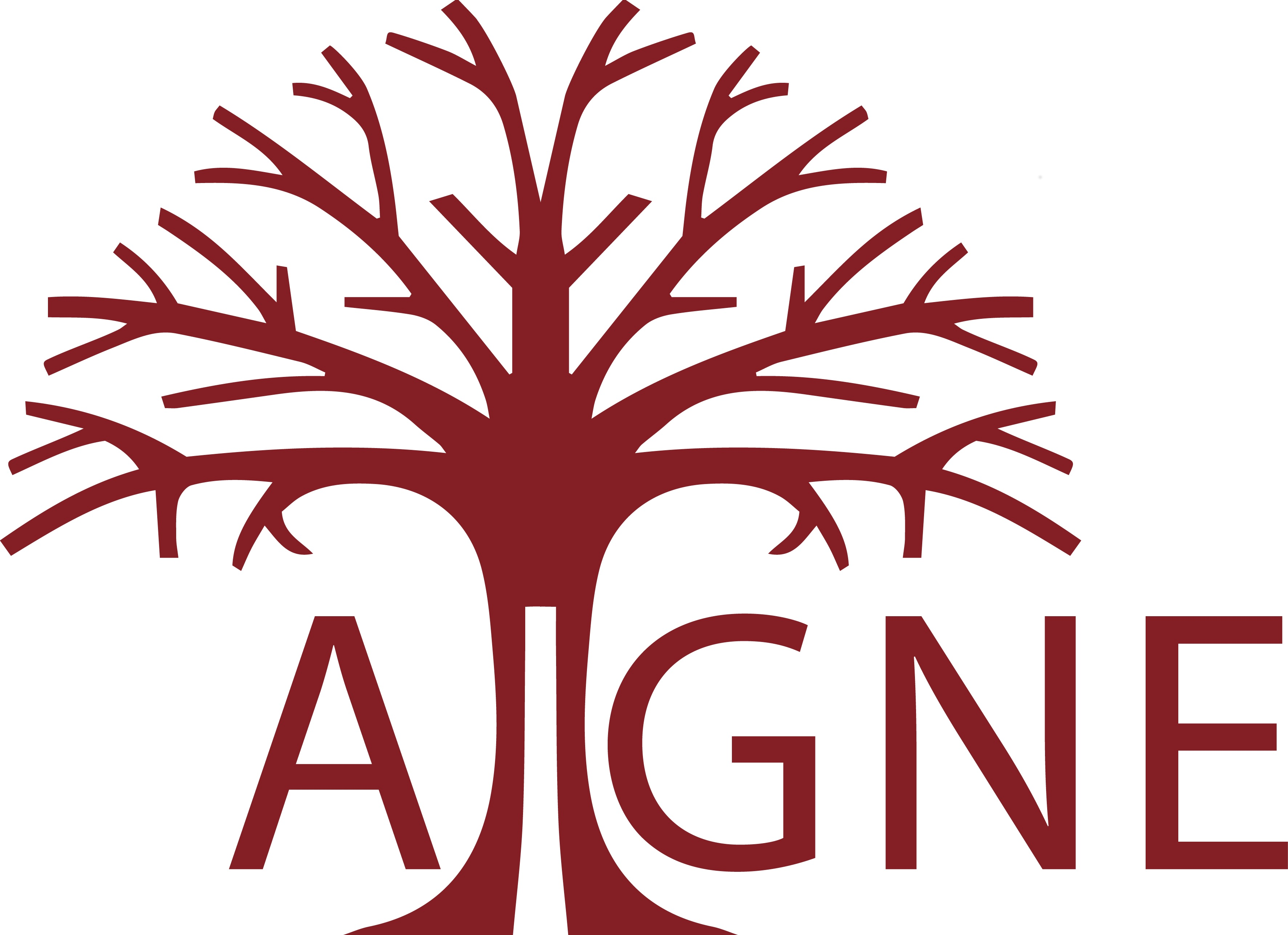Language teaching and translation: A case of (ir)reconcilable differences?
DOI:
https://doi.org/10.33178/aigne.vol7.5Keywords:
Translation Studies, Translation Training, Foreign Language Teaching and LearningAbstract
Although the debates surrounding the relationship between language teaching and translation are by no means new, they remain topical, given the global nature of current social, political and economic networks. While the value of translation in the language classroom has long been recognised, it continues to be commonly framed as a tool to assist the language learning process. Similarly, language proficiency is still widely seen as a prerequisite to the development of translation skills rather than a core element of the practice. Pedagogical translation and translation in dedicated training programmes are therefore conceptualised as fundamentally unrelated activities, a perspective which unproductively appears to ignore their common interlingual communicative objective. This essay presents an overview of the traditional divide between these two assumed forms of translating and encourages reassessing the assumptions underlying the theoretical concepts of communicative and translation competence. Commenting on the specific context of Ireland as an example of skills supply and demand imbalance, this paper calls for a greater focus to be placed on the translational nature of multilingual communication as the needs for cultural and linguistic mediation continue to grow and evolve in an increasingly technologically driven market.References
Downloads
Published
2018-12-20
Issue
Section
Articles
License
For our full Copyright Notice see our Author Guidelines.



